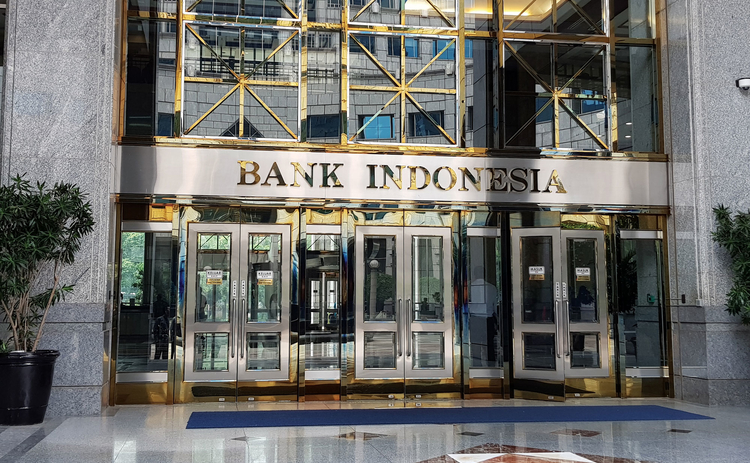
Indonesia and its CBDC efforts
Bank Indonesia (BI) - the central bank of the Asian country - plans to launch a CDBC (central bank digital currency), as announced earlier this year. Governor Perry Warjiyo said in May that it is on the way, but without revealing a specific launch date.
Back then, the Indonesian bank noted that during the pandemic, locals switched from cash to digital payments. Therefore, an authority-monitored and controlled CBDC would be the best option for that monetary transition, the institution said.
According to a recent Bloomberg coverage, the Bank of Indonesia now has another reason to issue a digital rupee: to "fight" cryptocurrencies that cause a significant impact on the nation's financial network. Juda Agung, an assistant governor of the bank, added that a CBDC is a more reliable option than bitcoin, ether, and the rest of the private digital assets:
“A CBDC would be one of the tools to fight cryptocurrencies. We assume that people would find CBDC more credible than cryptocurrencies. The CBDC would be part of an effort to address the use of cryptocurrencies in financial transactions ”.
Meanwhile, the Indonesian government plans to create a dedicated digital asset exchange by the end of 2021 as the country has more than 7 million cryptocurrency investors, while the value of the transaction exceeded $ 30 billion. By comparison, nearly double the fewer venues invested in space in 2020.
Crypto is "Haram" in Indonesia
A few weeks ago, the National Ulema Council (MUI) - Indonesia's leading Islamic study body - showed a highly negative stance on cryptocurrencies by declaring all operations in the sector as “haram” or prohibited.
Asrorun Niam Soleh said the rejection is ignited by the thesis that bitcoin and alternative currencies are full of "uncertainty, betting and damage". However, the chairman of the MUI Fatwa Commission explained that digital assets can be traded as a commodity if they obey Shariah law and show a "clear advantage".
With a population of over 273 million, Indonesia is known as the most populous Muslim-majority nation. That said, the development could have a significant effect on the local cryptocurrency ecosystem.
